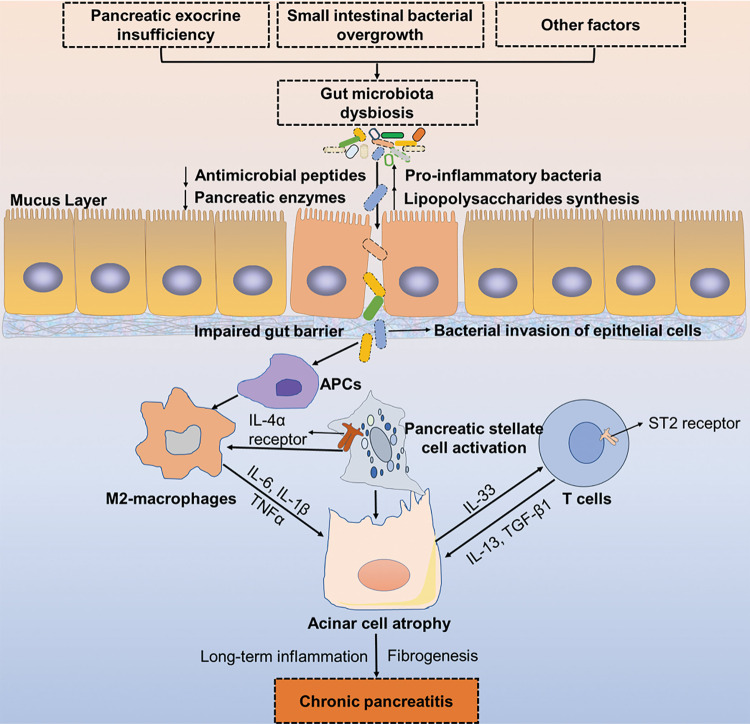Fig. 3. Proposed relationship between gut microbiota dysbiosis and the development of chronic pancreatitis.
In the context of CP, pancreatic exocrine insufficiency, gut bacterial overgrowth, and other environmental factors account for gut dysbiosis and suppressed antimicrobial peptide production, resulting in an impaired gut barrier and leaky gut. Thereafter, proinflammatory bacteria and toxins translocate through the leaky gut to the pancreas and recognize antigen-presenting cells (APCs) to activate M2 macrophages. Acinar cells are injured or apoptotic due to the release of TNFα, IL-6, and IL-1β in macrophages, resulting in IL-33 production. The proinflammatory cytokine IL-33 acts on T cells via the ST2 receptor to induce fibrogenic mediators such as IL-13 and TGF-β1, which further aggravates acinar cell atrophy and pancreatic inflammation, resulting in chronic pancreatitis. APCs antigen-presenting cells, CP chronic pancreatitis, TNFα tumor necrosis factor α, TGF-β1 transforming growth factor-β1, ST2 suppression of tumorigenicity 2.

